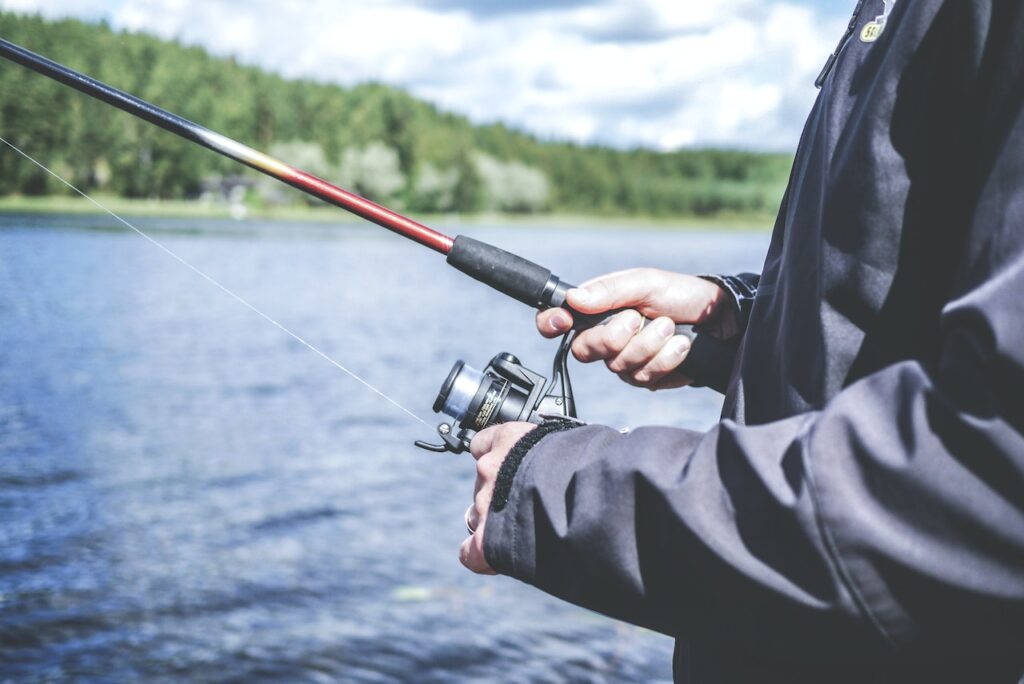Everyone has different hobbies that feed their passions and bring joy to their lives. These hobbies often cost money. To keep them affordable, we need to watch our spending carefully.
One common hobby is travel. Many people enjoy discovering new places, experiencing different cultures, and trying out exciting adventures. If you’re planning a trip to Hawaii, consider using this website to find the best deals on rental cars.
If you have ever struggled to budget for your extracurricular activities, this blog post is for you! In Personal Finance 101: Budgeting for Your Hobbies, we will offer sound advice on saving for exciting hobby goals and tracking your spending.
Determine Your Hobby Budget
To budget for your hobbies, start by figuring out how much money you can put towards them. List your monthly expenses and income first. After tallying it up, subtract your expenses from your income to determine the amount left for discretionary spending.
Next, prioritize your hobbies according to personal value and enjoyment. Allocate a percentage of your discretionary funds toward each hobby based on its importance to you. This budget will serve as a guideline moving forward and help manage your financial resources.
Tips for Managing Your Hobby Expenses
- Be realistic: It’s crucial to evaluate the expense of each hobby honestly. Acknowledge whether certain hobbies might be too costly for your current budget and consider less expensive alternatives.
- Shop smart: Look for ways to save by purchasing supplies during sales or using coupons. When shopping online, use reliable websites that offer the best deals on equipment, such as hunting crossbows and related equipment.
- DIY approaches: Consider options for homemade supplies or seek out less expensive alternatives that still support your passion.
- Repurpose and recycle: Get creative with your hobby supplies by repurposing or upcycling materials. This approach can create unique projects while reducing overall costs.
- Set limits: Maintain clear limits on spending to avoid any financial stress or feelings of regret.
- Save for larger expenses: Some hobbies may require more significant financial investments. Start saving early and adhere to your budget to make large purchases manageable.
- Consider income-generating hobbies: Some hobbies can provide a secondary income, such as selling handmade crafts, teaching a skill, or offering services related to your passion. This additional income can help offset the hobby costs while providing a sense of achievement.
Saving for Your Hobby Goals
Establishing clear and concrete goals related to your hobbies will help you navigate the financial side of your personal pursuits.
- 1. Calculate the approximate cost: Determine the expenses of your hobby. This includes material costs, courses, travel, and equipment. Create estimates to help with saving.
- Set SMART goals (Specific, Measurable, Achievable, Realistic, and Time-bound): Establish specific targets (e.g., saving $1,000 over six months) to make it easier to see progress throughout.
- Separate savings account: Before funneling money towards a bike tour in Europe or a photography course with renowned professionals, consider creating a separate savings account solely dedicated to your hobby’s costs.
- Automate savings transfers: To ensure consistency in putting money aside for hobbies, set up an automatic monthly transfer from your main account to your hobby-specific account.
Track Your Spending
An essential aspect of budgeting for hobbies is monitoring your expenses. By tracking expenses, you’ll understand your financial goals, prevent overspending, and freely indulge in hobbies without regret or surprises.
- Create a monthly budget: Allocate a portion of your income for hobbies and recreation. Take care of important expenses like bills, groceries, and savings first.
- Use a tracking system: Implement apps like Mint or PocketGuard to monitor hobby-related expenses or keep tabs manually through spreadsheets or separate notebooks.
- Regularly review expenses: Ensure progress towards goals by periodically evaluating spending patterns. If necessary, revise the amount earmarked for hobbies in your monthly budget.
- Keep up-to-date with financial commitments: Be aware of any debt or credit card balances to avoid overspending on hobbies that hamper financial health in other parts of life.
Personal finance isn’t solely about managing bills or preparing for retirement. It also plays an essential role in striking a balance between leisure and monetary responsibilities. By being aware of the expenses of your hobbies and taking action to save money for them, you can chase your interests while keeping your finances stable.


